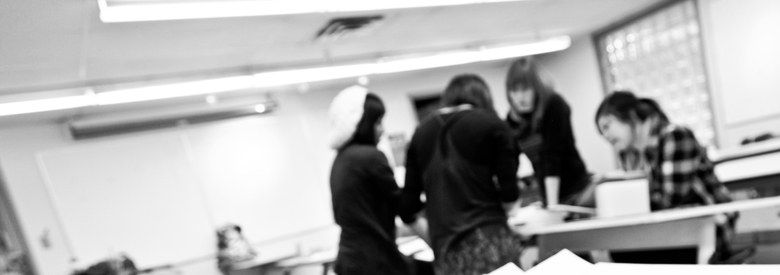Anthropology is foremost about seeing the world from different perspectives. It emphasizes understanding ourselves in context of culture(s) and time, as well as in the universal context of humanity and nature. The anthropological perspective, by considering diverse preconceptions as well as received knowledge, allows greater freedom of understanding value and belief systems from individual and global perspectives. Such ‘freedom through knowledge’ is the cornerstone of a liberal arts education.
The content of your knowledge through study at Langara might vary because of the diversity of our course offerings, but all courses task students to question presuppositions about "the truth", to open our minds to other points of view, and to show greater tolerance to those who might think differently from us. This questioning tasks the student to reflect on what is learned in, and out, of the classroom. Students leave with the ability to think critically and analytically. Whether one chooses to continue in anthropology or not, this ability is essential for it empowers one to become a subject and not an object. Hence, critical thinking skills and practice in expressing these skills in the written, spoken and visual channels are outcomes of all anthropology courses. The variety of ideas students encounter in courses makes it easier to chart future directions in studies and life choices. Learning is exciting, and a majority of Langara students are excited by what they learn in anthropology.
